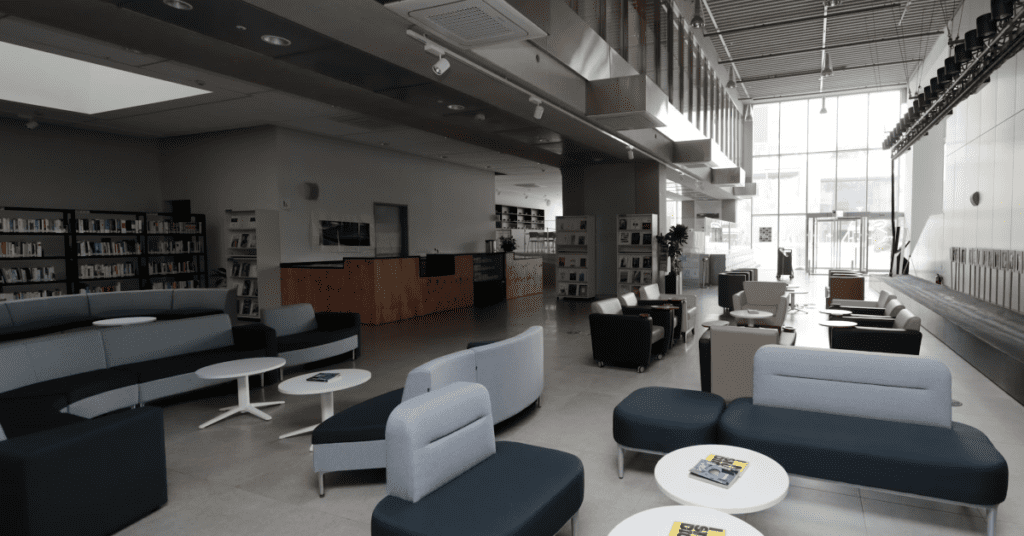
Best Practices for Maintaining Your Commercial Air Conditioning System
Sponsored Content | In today’s fast-paced business environment, ensuring the optimal operation of your commercial air conditioning system is paramount.
Not only does this contribute to a comfortable atmosphere for both employees and customers, but it also significantly impacts your operational costs.
Through strategic maintenance, troubleshooting, and efficiency-enhancing strategies, businesses can enjoy a seamless operation of their cooling systems. Below are some expert recommendations on how to maintain your air conditioning units to ensure they operate at their best.
Understanding the Importance of Routine Upkeep
Firstly, acknowledging the significance of consistent maintenance cannot be overstated. An effective schedule for inspecting and servicing your units ensures that potential issues are identified and addressed promptly, preventing costly repairs down the line. Engaging a professional commercial air conditioning service for regular check-ups is a step businesses should not overlook. These experts possess the skills to spot early signs of wear and tear, ensuring your systems run smoothly and efficiently.
Filters: The First Line of Defense
A crucial aspect of maintenance involves the cleaning and, if necessary, replacement of air filters. Over time, dust and debris accumulate within these filters, hindering airflow and forcing the system to work harder. By keeping them clean, you ensure optimal air quality and efficiency.
The Coils’ Role in Efficiency
Another vital component to monitor is the system’s coils. Both the evaporator and condenser coils can collect dirt over months and years of service, reducing their ability to absorb heat effectively. Regular cleaning of these coils is essential to maintaining your system’s efficiency.
Monitoring Refrigerant Levels
Ensuring that your system has the correct amount of refrigerant is another key aspect of maintenance. Too much or too little can lead to inefficient operation and increased energy costs. Professionals should handle refrigerant level checks to ensure they are within the ideal range for peak performance.
Unclogging Drains for Unhindered Performance
Drain lines can become clogged with algae and mould, leading to water leaks and increased humidity levels within your premises. Clearing these lines regularly helps maintain the desired humidity levels and prevents water damage.
Automating Efficiency Through Thermostats
Modernising your system with programmable thermostats can significantly enhance efficiency. By adjusting settings based on occupancy and time of day, unnecessary cooling can be minimised, leading to substantial energy savings.
Troubleshooting: Identifying Common Issues
Even with rigorous maintenance, issues can arise. Recognising common problems such as inconsistent cooling, unusual noises, or unexpected increases in energy bills can help pinpoint issues early. Often, these signs indicate it’s time to consult with a professional service provider.
Conclusion: Commitment to Continuous Improvement
Maintaining the efficiency of your commercial air conditioning system requires a commitment to regular maintenance and a willingness to adopt new strategies for energy conservation. By investing in routine upkeep and staying vigilant for signs of trouble, businesses can ensure their cooling systems provide reliable service while keeping operational costs in check. Embracing these best practices not only contributes to a more sustainable operation but also ensures a comfortable environment that fosters productivity and customer satisfaction.
TAGS

